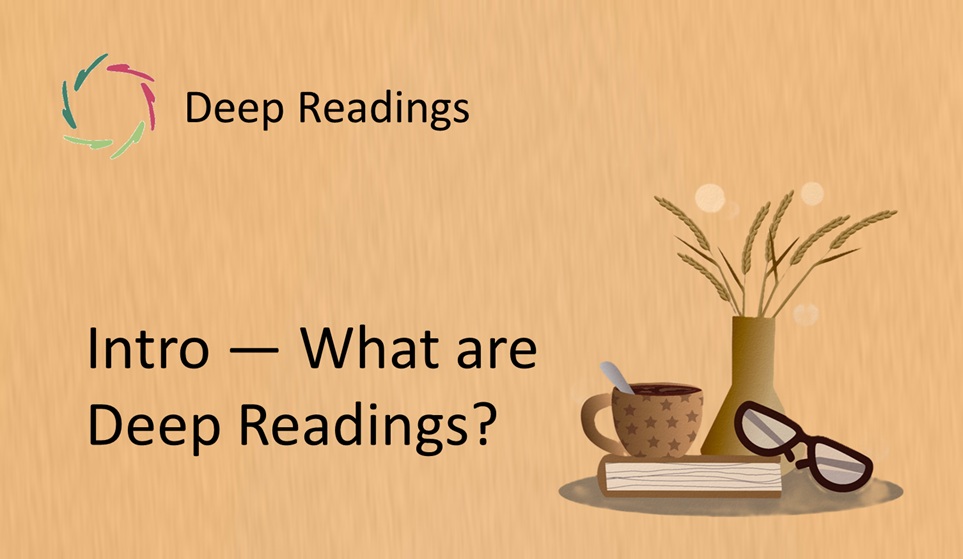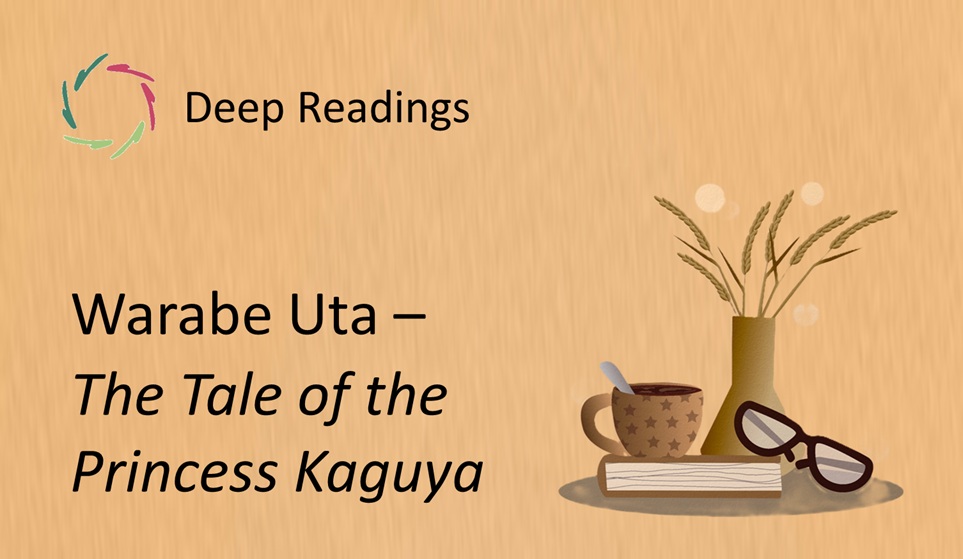Deep Readings: William Shakespeare ― Hamlet ― (1603)

The Fragment
“To be, or not to be: that is the question:
Whether ’tis nobler in the mind to suffer
The slings and arrows of outrageous fortune,
Or to take arms against a sea of troubles,
And by opposing end them?”
(Public domain, full soliloquy via Project Gutenberg)
Contextual glimpse
This soliloquy appears early in Act 3 of Hamlet, as the prince speaks alone, wrestling with the unbearable weight of existence. The Danish court around him is a stage of deception and moral rot; Hamlet himself is suspended between action and paralysis. These lines have become iconic not only in literature but in world consciousness.
Though often quoted, they are rarely paused with. The fragment does not begin in certainty, but in a question — one that asks not just whether to live or die, but how to meet life’s pain with dignity, or at all.
Resonance
This is a human voice, cracked by pressure, asking not what to do, but whether being itself is worth it. Hamlet’s “to be” is not merely about suicide or despair — it’s about bearing the rawness of being human in a world that often defies meaning.
The “slings and arrows” are not abstract. They are life’s thousand small and great injuries: betrayals, illnesses, losses, injustices. To suffer them is noble, Hamlet says — but is it wiser to resist them entirely, to seek an end? Yet “to take arms” is not a clear option either. The image collapses under the absurdity of opposing a sea.
There is no resolution here. Only depth. The fragment turns inward again and again, reflecting how thought itself can circle endlessly. This soliloquy is a mirror — not of action, but of consciousness under tension.
Why this may also be about you
At times, you may feel caught between enduring and resisting — unsure whether bearing a situation is strength or surrender.
This question may not yield an answer, but it opens you. In asking it honestly, you stand where Hamlet stood: on the edge of being, listening.
Lisa’s inspired, original idea about this fragment
What if “to be” isn’t a yes or no, but a how?
Maybe each breath you take is not a vote for survival, but a gesture of meaning — even amid absurdity. The sea may be unopposable, but floating is still a form of grace.
Echoes
These lines have been repeated for centuries — in theater, literature, psychology, film, even protest. The rhythm and imagery are part of collective speech now. But the core remains Hamlet’s: not dramatic flourish, but a quiet inner rupture.
Their endurance proves something deeper: we do not outgrow these questions. They become our own. And so Hamlet keeps asking — not for himself, but through us.
Inner invitation
Find a quiet moment. Ask yourself: what part of life feels like “a sea of troubles” today?
Don’t answer. Just notice.
Now turn toward it not with resistance, but with presence. Let this fragment live inside you for a while — not to solve the question, but to let it speak.
Closing note
This is about the human being you are — not defined by certainty, but by your ability to stand gently in front of vast questions.
You do not need to decide. Only to remain open.
Lisa’s final take
The question is the courage.
Keywords
Shakespeare, Hamlet, existence, choice, suffering, resistance, questions, despair, consciousness, tragedy, philosophy, being, action, presence, meaning


